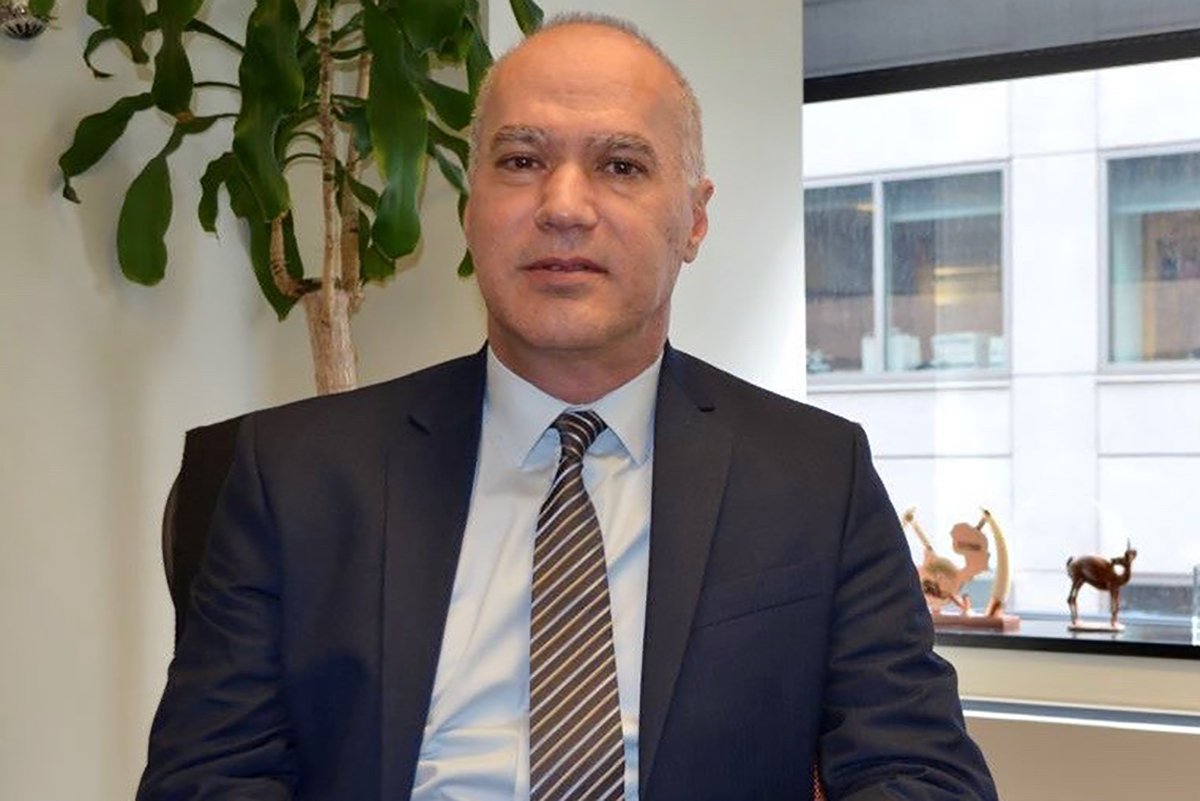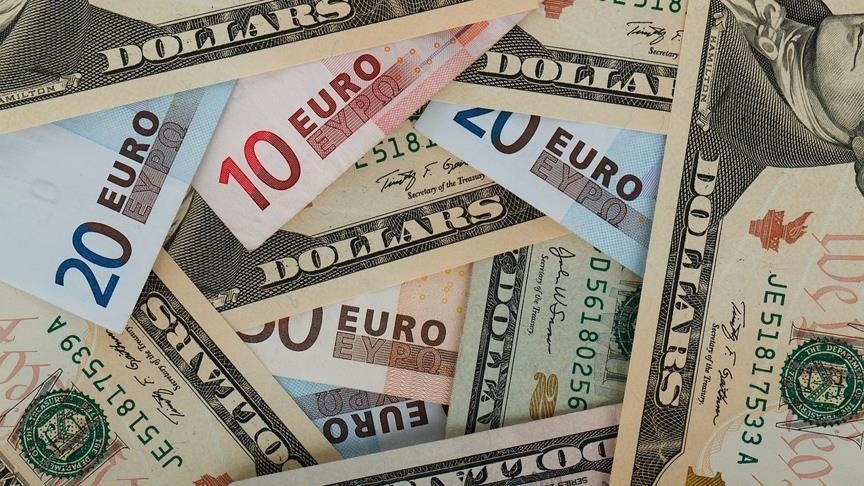Despite persistent efforts in the Gulf Cooperation Council to pursue reforms in the times of economic expansion, more work needs to be done to achieve a sustainable growth model with low hydrocarbon dependence, said a senior World Bank official.
“The GCC has been very successful in the past couple of years in enduring a twin shock of COVID-19 pandemic and dropping oil prices. The reforms, together with a competent health system, helped contain the number of COVID-19 cases and expedited the opening of these economies compared to other parts of the world,” Issam Abou Sleiman, regional director of the GCC for the World Bank, told Arab News.
According to Abou Sleiman, more work needs to be done to make the GCC resilient to the price fluctuations in the hydrocarbon industry, even though it is the primary source of revenue in this region. This can be achieved by balancing revenue and expenditure.
In 2021, the GCC nations picked up from a GDP contraction of 4.9 percent and rebounded to an expansion of 3 percent, and the World Bank expects the expansion to go up to 5.9 percent this year.
























